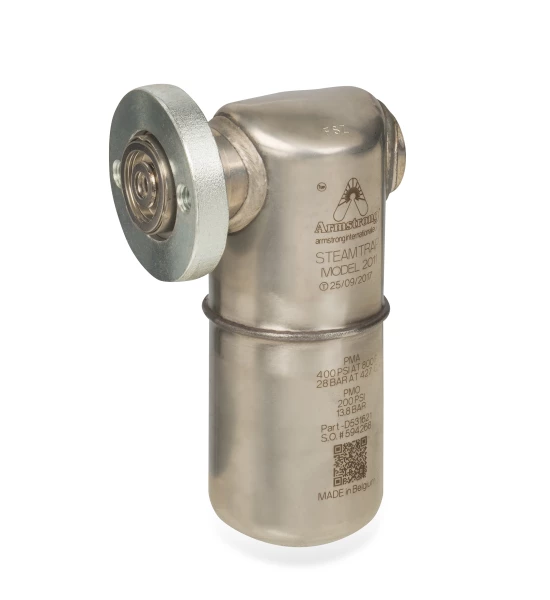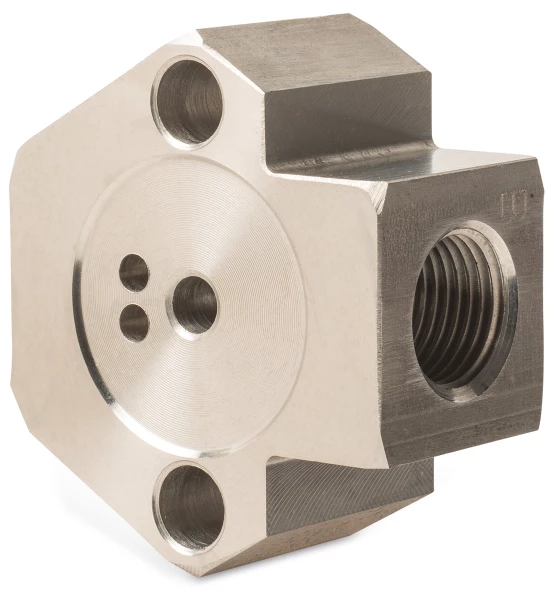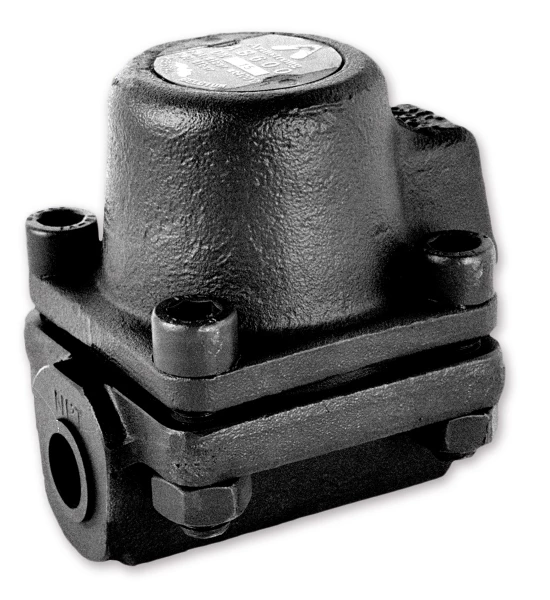
|
Rotterdam
KLINGER The NetherlandsNikkelstraat 2 3067 GR Rotterdam
Elsloo
KLINGER Service Center LimburgBusiness Park Stein 208A 6181 MB Elsloo
Velsen-Noord
KLINGER The NetherlandsRooswijkweg 200 1951 MD Velsen-Noord
Moordrecht
Hadro TechnologySouth Lane 351 2841 MD Moordrecht |
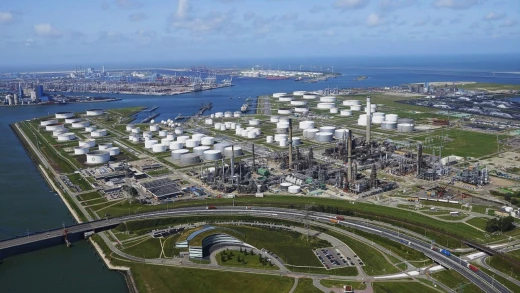
bp saves costs through proactive replacement of steam traps

The bp Rotterdam refinery is one of the largest and most advanced oil refineries in Europe. Here crude oil is processed into a wide range of products, including gasoline, diesel, kerosene and basic chemicals essential for various industries. Steam and condensate systems are essential in the refining process. Steam is used for various purposes, including keeping pipes at temperature, powering turbines and in the process to strip light components from heavier components. KLINGER plays a crucial role in the maintenance of the bp Rotterdam refinery's steam and condensate systems. With our technical expertise, we help the refinery operate efficiently and safely, contributing to the overall performance and sustainability of the facility.
The challenge
As managing energy efficiency becomes increasingly crucial in the process industry, bp has taken proactive steps to enhance the steam and condensate system in recent years. This effort includes the preventive measurement of steam traps to assess their functionality, identifying any internal leaks or blockages. Leaking steam traps lead to internal steam leaks, resulting in water hammer, increased condensate back pressure, and higher operational costs, including fuel consumption and CO2 emissions. Blocked steam traps cause significant issues, such as reduced heat transfer, pipe corrosion, and erosion in equipment. These failure mechanisms contribute to increased maintenance and operational costs by generating numerous steam leaks in production units. There was a need at the refinery to be more predictable and proactively replace steam traps even before it visibly caused operational problems. This underlines the importance of regular maintenance and inspection to ensure safe and reliable operation of industrial plants.
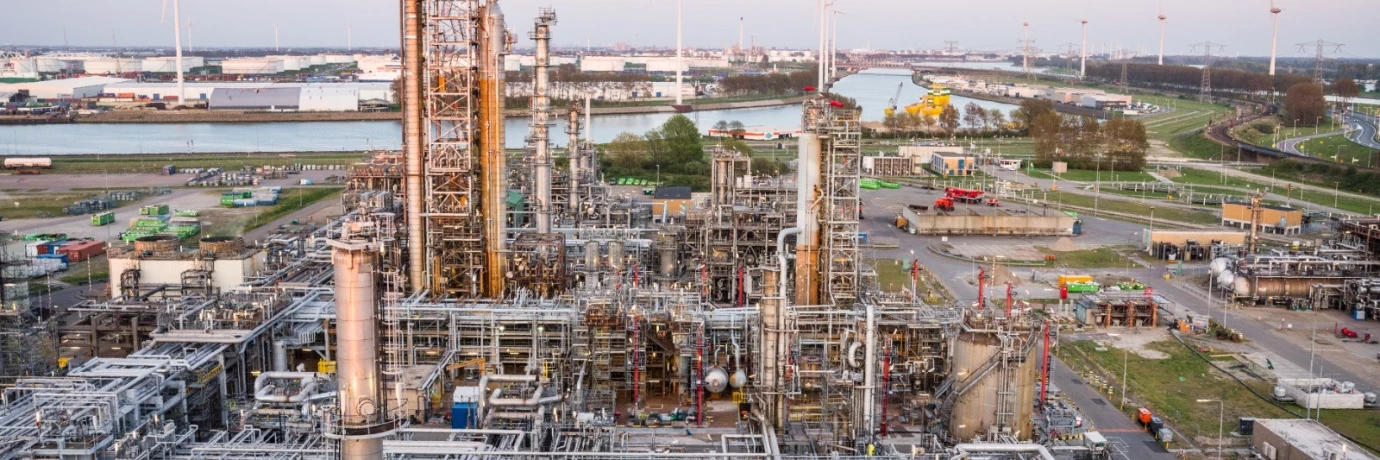
The solution
Two years ago, bp Rotterdam and KLINGER sat down together to revive a new preventive maintenance strategy for the steam traps. After ten years of performing only visible corrective maintenance, a comprehensive survey was performed on three assets to assess the individual condition of the steam traps. This analysis revealed that a significant number of steam traps were leaking or just plugged, highlighting the need for the steam trap survey conducted by KLINGER. These inspections on the three assets were the starting point for a major corrective maintenance program aimed at replacing and modernizing the existing steam traps.

"Furthermore, the steam traps strategy not only increased operational efficiency but also improved safety."
Dennis Pedersen - Reliability Engineer at bp
The result
Replacing and upgrading leaking and plugged steam traps has resulted in fewer visible steam leaks at the refinery, resulting in reduced maintenance costs due to less frequent need to use clamps on occurred pinholes. In addition, it has resulted in a more stable process within the refinery. Operating costs have also been reduced due to lower fuel consumption and CO2-emission costs. Furthermore, the steam trap strategy has not only increased operational efficiency but also improved safety. In winter, the operating environment is safer because there is no slipperiness due to iced condensate, and in summer there is no slipperiness due to algae growth caused by condensate leaks.
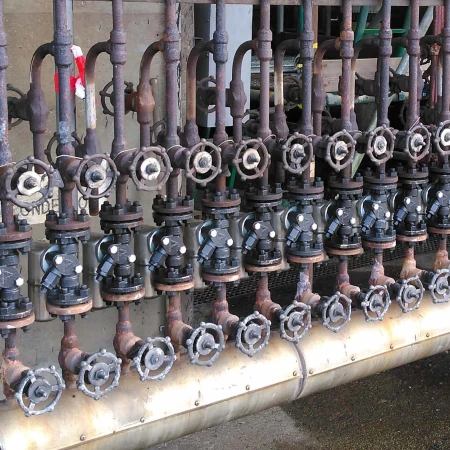
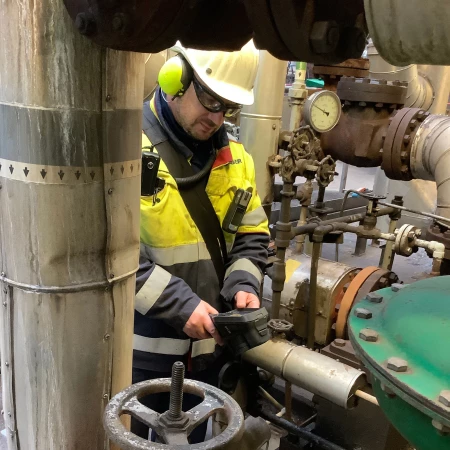
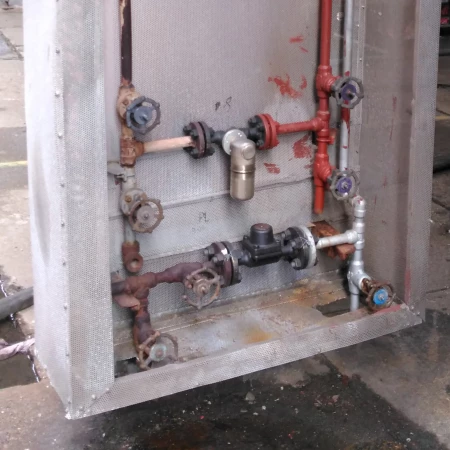
For more information about our steam surveys, please contact:

Demian Nouwens
Product Specialist Energy Management, Steam Solutions
